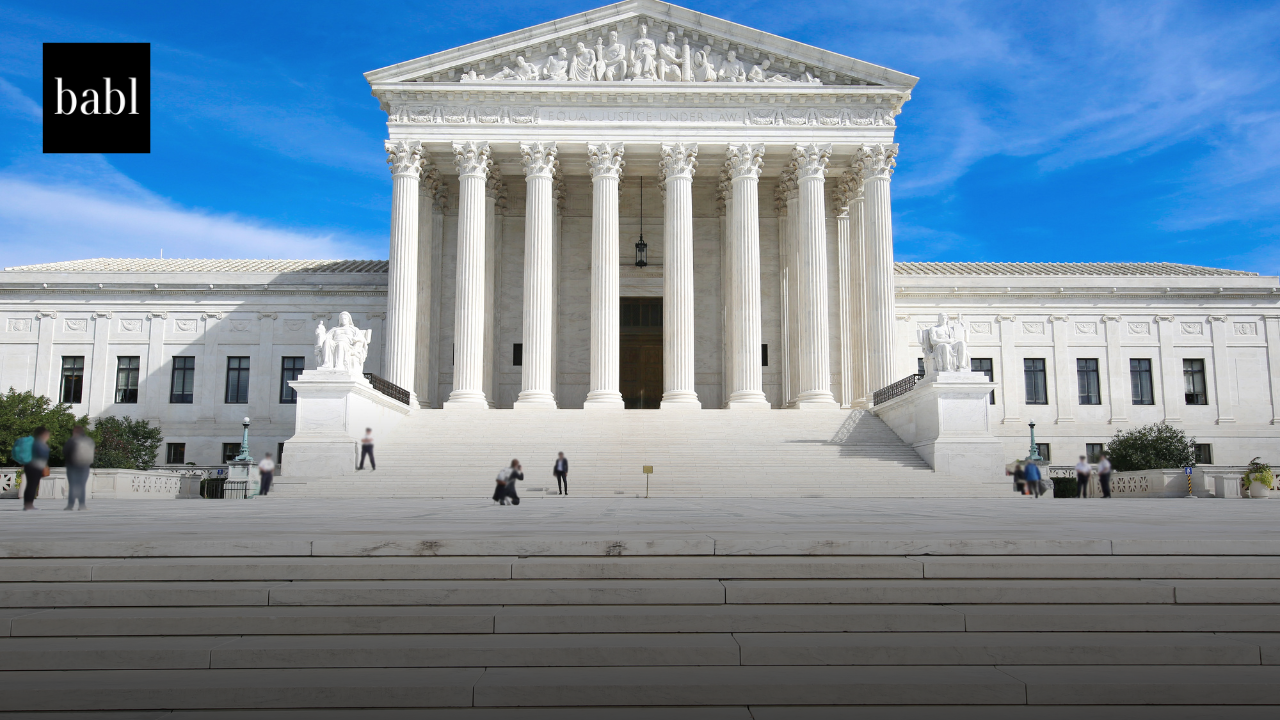UPDATE — SEPTEMBER 2025:
After the U.S. Supreme Court upheld the Protecting Americans from Foreign Adversary Controlled Applications Act on January 17, 2025, TikTok’s future hinged on a potential divestiture. Since then, several pivotal events have reshaped the outcome:
-
Trump Executive Order (Sept. 25, 2025): President Donald Trump signed an order approving a framework that allows TikTok to remain in the U.S. under new American-led ownership.
-
Ownership Shift: TikTok’s U.S. operations will move to a joint venture majority-owned by American investors, with ByteDance retaining less than 20 percent.
-
Data & Algorithm Controls: The new entity will oversee TikTok’s algorithms, data storage, and content moderation. All sensitive U.S. user data must be stored on American cloud systems, and recommendation models using U.S. data will be retrained and monitored by U.S. security partners.
-
National Security Safeguards: Ongoing monitoring of TikTok’s code, software updates, and algorithms will be conducted to ensure compliance. DOJ enforcement of the ban is suspended for 120 days while the transaction closes.
-
Supply Chain & Labor Rules: The deal preserves requirements for domestic semiconductor sourcing, high labor standards, and protection against foreign influence.
-
Global Alignment: The U.S. State Department is engaging with allies to promote “trusted AI and digital infrastructure corridors,” echoing broader security goals beyond TikTok.
Completion of the divestiture and a formal CFIUS agreement with U.S. investors. Trump has reserved the right to issue additional orders if needed to secure national security.
ORIGINAL NEWS STORY:
Supreme Court to Hear TikTok Ban Case Amid January Deadline
The U.S. Supreme Court will hear oral arguments on January 10, 2025, in a landmark case determining the constitutionality of a law that could force TikTok to be sold by its Chinese parent company or face a nationwide ban.
The Court has allotted two hours for arguments, consolidating cases brought by TikTok and other petitioners against U.S. Attorney General Merrick Garland. The central question is whether the Protecting Americans from Foreign Adversary Controlled Applications Act violates the First Amendment.
The stakes are high for TikTok, with a January 19 ban looming. The law mandates that app stores, cloud providers, and other platforms cease hosting TikTok or face penalties, including $5,000 fines per user.
Tech giants like Apple and Oracle, which host TikTok on their platforms, face tough decisions. The law’s penalties could deter hosting, leaving users scrambling for workarounds. Industry leaders argue that congressional action is the clearest path to resolution.
If the ban takes effect, the app’s impact may be felt gradually. Users without the app installed would lose access as downloads from app stores cease. Existing users would see functionality decline without updates, though some might bypass restrictions using virtual private networks.
The Biden administration originally pushed for measures against TikTok over concerns that its parent company, ByteDance, could share U.S. user data with the Chinese government. A federal appeals court recently ruled that the law does not violate the First Amendment, citing national security interests.
Potential Outcomes and Factors
However, the TikTok case has become a political flashpoint, with President-elect Donald Trump’s position evolving. On Monday, Trump met with TikTok CEO Shou Zi Chew.
President-elect Trump could influence outcomes by urging Congress to repeal the law or directing the attorney general not to enforce it. However, it remains unclear how his administration will proceed.
The Supreme Court’s decision, expected later in 2025, will set a precedent for how the U.S. navigates the intersection of technology, security, and constitutional rights.
Need Help?
If you have questions or concerns about any global guidelines, regulations and laws, don’t hesitate to reach out to BABL AI. Their Audit Experts can offer valuable insight, and ensure you’re informed and compliant.





